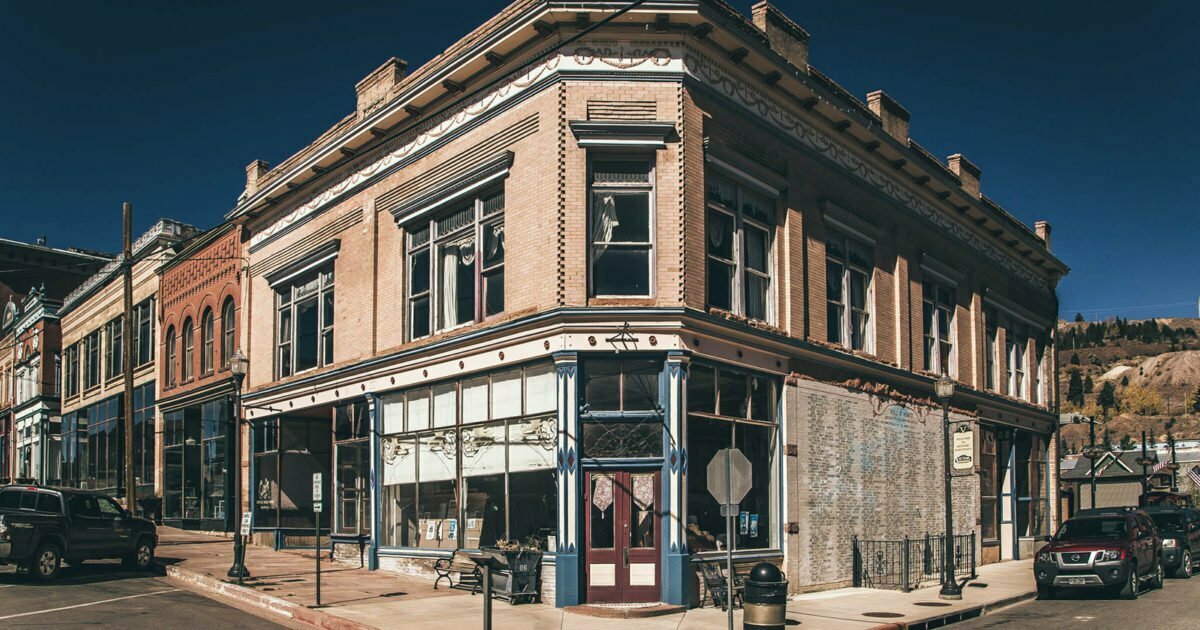On Your Own (OYO) is one of India’s most promising unicorns you may have never heard of. Yet its deal-making in April on my own had made OYO difficult to ignore, with the resort-aggregator startup garnering giant interest when it acquired around $two hundred million from Airbnb.
As standalone funding, this is a coup; if you’re within the domestic condo or hotel commercial enterprise, there is nothing like having Airbnb in your camp. Even without Airbnb, OYO had previously ingested massive funding and related with many storied names. It attracted $1 billion from present investors and an investor group headed via Softbank’s Vision Fund in the September closing year, placing the corporation’s valuation at around $five billion, which is a little crazy considering it turned into started in 2013 through a youngster. OYO’s speedy-growing fan base has been a huge purpose because of the huge strides it’s made in Asia. In April, across the Airbnb assertion, it forged an uncommon joint assignment with its investor Softbank to make its collection of financial inns in Japan bigger.
However, Miles China has introduced actual luster to its international marketing campaign. OYO has plans to deploy $600 million in China to become a dominant presence there — a country that Google and Amazon have not cracked.
“India has four. Three million unbranded rooms and China has 35 million. However, there’s best a 25% occupancy charge. We need to change that,” OYO founder Ritesh Agarwal stated. “We are currently targeting Tier-2 and three towns in China, but we plan to expand this to Tier-four and five too.”
These ambitions might also seem too grandiose for an upstart Indian organization; however, it is ostensibly feasible that OYO has a godfather in Huazhu Group, a multi-billion-dollar lodge management firm that is an early investor in OYO. Huazhu Group injected $10 million into the corporation, and it returned in 2017.
These actions are not too shabby for founder Agarwal, a small-town boy from Orissa who was flatly broke and had once been forced to use stairs as a bed when he first started the organization in 2013. Agarwal had his epiphany for OYO a few years before 2013 when he undertook a prolonged backpacking tour around India in his past due teenage years and experienced first-hand the absence of fine, cheap accommodation. He thought homestays had been a possibility begging to be organized, and thus, OYO was born below the then-name ‘Oravel Stays.’
However, Agarwal quickly realized that the scarcity of dependable homestays in India, supposed to be a commercial enterprise model, pivoted and changed into a wish. Hence, he decided to ape Airbnb. He made enough of a splash via each achievement and self-advertising and marketing to land a ’20 below 20′ Thiel Fellowship, which awarded him $ hundred 000 in conjunction with mentoring sessions in Silicon Valley to broaden his outfit further.
Today, OYO has established beachheads in the US, United Arab Emirates, and the Philippines. In India, its domestic turf, the startup has its stamp on 173,000 rooms in eight seven hundred buildings across 259 towns, so it is easy to see why Airbnb — with its 6 million listings across 81,000 cities in 191 countries — fell in love with it. OYO’s properties are scrutinized throughout two hundred categories, such as reliable hot water and WiFi connectivity, before giving a red OYO signal — the organization’s symbol for satisfactory warranty. In return for the red OYO sign and customers, motels provide a 25% reduction to OYO.












